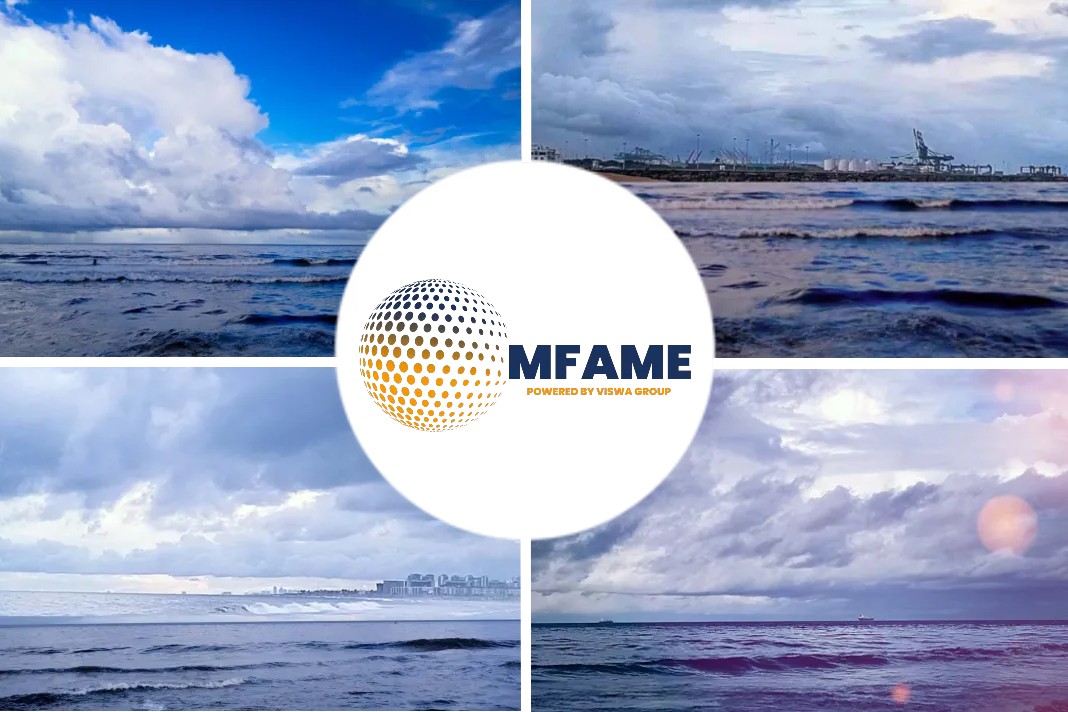According to a draught legal report by the European Parliament, commercial road transportation and all ships with a gross tonnage of 400 or more, including those that provide services to offshore oil and gas facilities, should be covered by the EU’s Emissions Trading System (ETS), says an article published in Argus Media.
Industry for investments
Consumption of biofuels, LNG and other alternative marine fuels should also entitle shipping firms to a number of free ETS allowances, parliament said.
“Ships often burn very harmful fuels and have hardly been subject to European environmental and climate protection legislation,” said German centre-right EPP lawmaker Peter Liese.
“It is important that the revenues from emissions trading do not disappear in the general budget, but are made available to the industry for investments in clean ships and corresponding infrastructure in the ports,” he added.
Commercial road transport
Liese, who will oversee the negotiations between the parliament and EU member states to craft the final legal document, also reaffirmed the support of the legislature for the inclusion of commercial road transportation and heating fuels in carbon trading beginning in 2029.
On June 23, the wording of particular ETS modifications pertaining to biofuels, LNG, maritime emissions, as well as the addition of road transport and heating fuels, is anticipated to be published by the Parliament.
The precise adjustments were earlier adopted by a majority of lawmakers on June 8; nevertheless, the overall legal report on ETS reform was first rejected by lawmakers as a whole because of internal political disagreements.
GHG emissions saved
The vote reopens the door for talks to resume during the summer about a final legal text between EU member states and the parliament. In 2024–2026, the Parliament plans to include 50% of the greenhouse gas (GHG) emissions from the maritime sector.
For ships entering and leaving European ports, it wants coverage to be 100 percent starting on January 1, 2027, and to include GHGs besides CO2. Specifically, it wants nitrous oxide and methane covered.
Alternative marine fuels
Shipping companies may be eligible for a number of free allowances corresponding to GHG emissions saved through the use of alternative marine fuels, such as LNG, up until December 31, 2030, but only at a rate of 50%, as well as for an indefinite period of time and at a rate of 100% for the use of sustainable biofuels, biogas, renewable fuels of non-biological origin, and recycled carbon fuel.
This is assuming that all EU member states agree to adopt it as EU law.
Sector-dedicated fund
The revisions made by the parliament also allowed shipping companies to forego a “adjusted” amount of allowances for ice-classed boats.
Similarly, due to these regions’ reliance on maritime transport for the importation of raw materials, necessities, and other items, the parliament wants a waiver from ETS responsibilities for emissions from maritime voyages to and from the “outermost” regions or to and from EU islands.
These provisions have been praised by the European Community Shipowners’ Associations (ECSA).
It also emphasised the parliament’s desire to establish a sector-specific fund with 75% of the proceeds from ETS allowance shipping going toward the sector’s energy transition.
Climate ambition
“European shipowners welcome the increased climate ambition. We have criticised the lack of consistency and have put forward workable solutions,” said ECSA secretary-general Sotiris Raptis, adding that earmarking ETS revenues for shipping is a “prerequisite for financing the uptake of cleaner fuels”.
Commercial consumption
The non-governmental organisation Transport & Environment (T&E) has criticised the exemptions for ice-classed vessels and travel to the most remote regions, and it has added that parliament has further “watered down” the original proposals made by the European Commission in July 2021 by voting to exempt privately used fuels from the law until 2029.
According to T&E, 2029 is too late to begin including households, even though it is acceptable to speed up the changeover for commercial customers.
According to the proposed legislation by the parliament, companies that supply fuels for houses and roads would be able to trade emissions starting in 2025, but only for commercial use.
The commission should “seek” to extend the ETS to encompass private fuel usage in road transport, private heating and cooling of residential structures from 1 January 2029, subject to review by 1 January 2026 and “if the conditions are right,” the draught states.
Did you subscribe to our daily Newsletter?
It’s Free! Click here to Subscribe
Source: Argus Media



















